
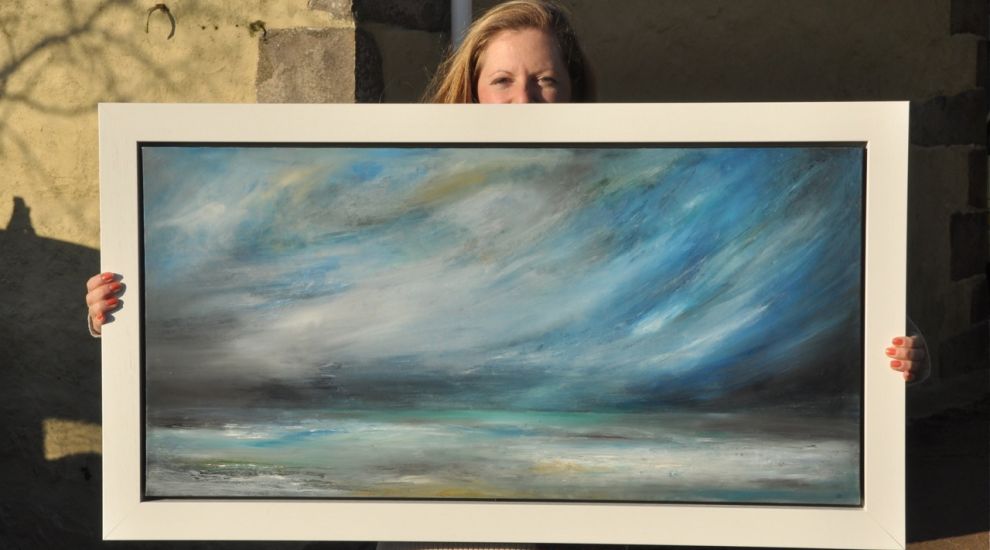

A therapeutic artist who has helped prisoners, children and people with dementia use art to "speak where words fail" has opened up about her creative journey.
There’s no questioning how Lucy Blackmore got the creative bug. Born into a family of artists, she grew up "immersed in a created world."
“I remember sitting at a kitchen table with a lump of clay and being left to discover what it felt like, or going to the framers with my mum who is a painter,” she says.
“We were all immersed in it, it was part of everything we did. Everywhere we went, we would be pointing at the colours, the light.”
For Lucy, art was not only a creative outlet, but also a safe haven where she could express herself freely. At school, Lucy says art was her “escape” and “safe place” while the art room was the only place she wanted to be.
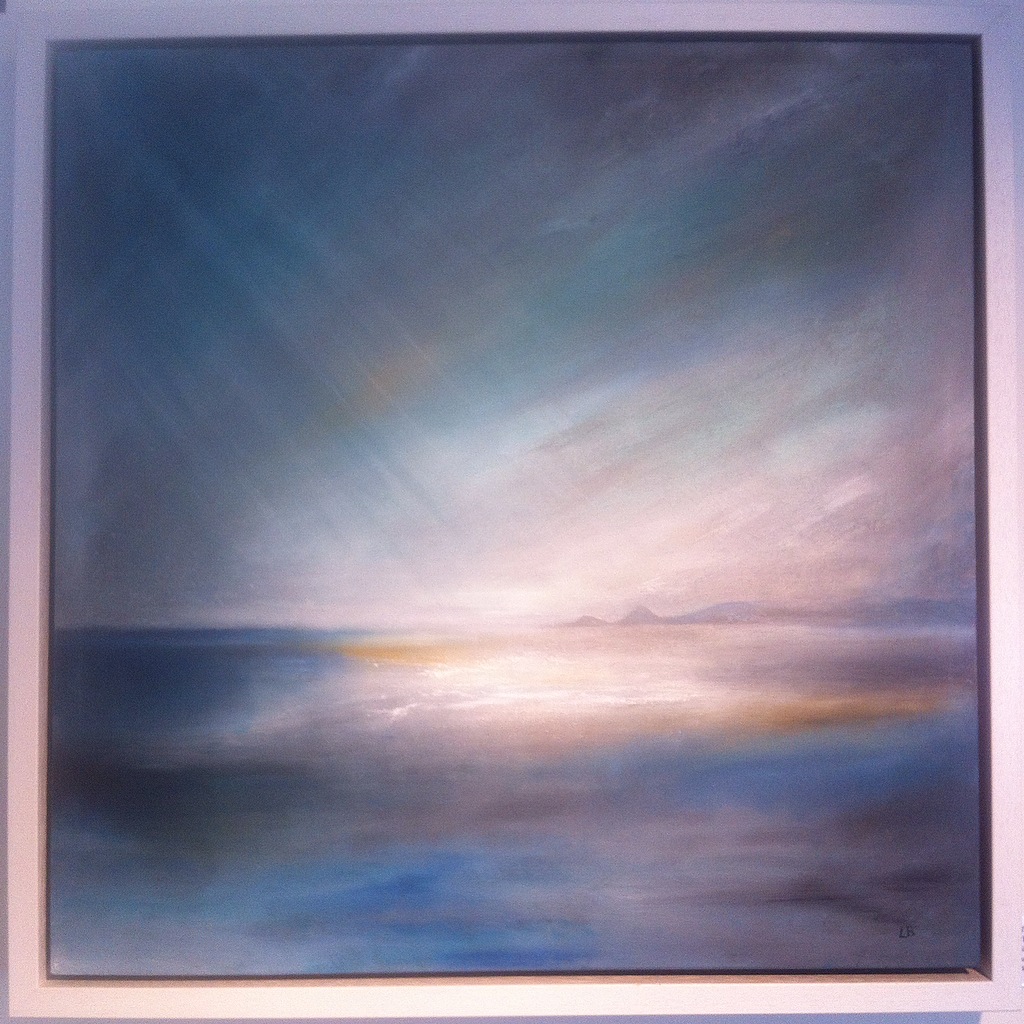
Picture: “It was the only thing I was good at; although looking back I was good at other things but it’s the thing I connected with most."
“Art felt like a sanctuary where you could be yourself and be expressive.
"With art there was no right or wrong, which I liked, it was all about working hard and being passionate.”
When Lucy went off to art college to study 3D design – her work focuses on wood and ceramics, although she recently started painting as well – she felt a strong pull towards arts and therapy, an interest she says was perhaps sparked by how therapeutic art had been for her.
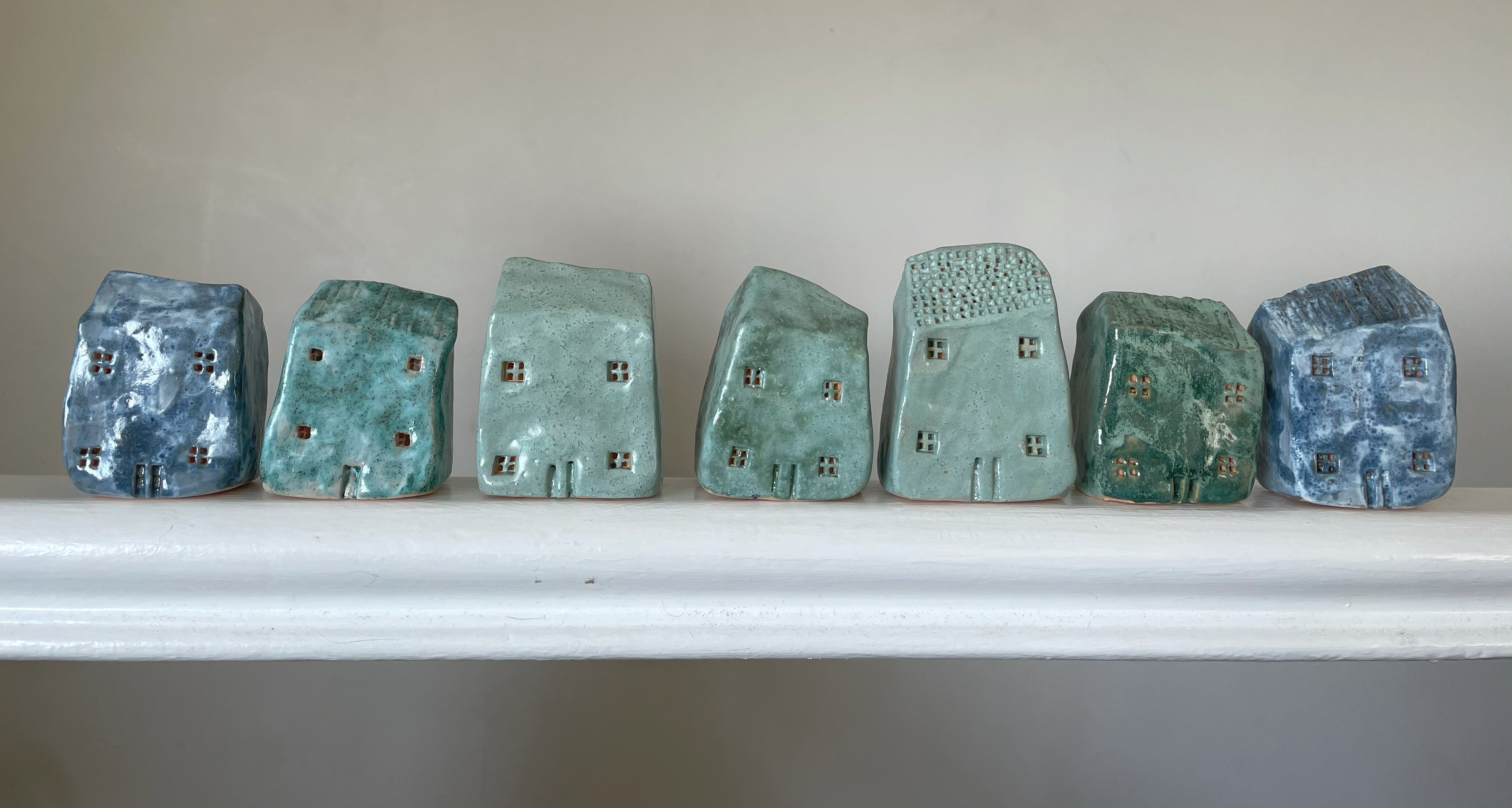
Photo: Her experience as an art teacher – which she says didn’t really suit her and felt like “a square peg in a round hole” – provided more evidence of how therapeutic art could be as she saw students stay after school to paint.
“For some of them, it was preferrable to going home, I could see it was something that felt safe for them,” she says.
A role at HMP La Moye eventually gave Lucy the opportunity to combine art and therapy and she moved to the island in 2009 to become the prison’s art teacher. Three years later, she gained a post-graduate degree in art therapy which transformed her teaching by giving her “grounding” in her practice through learning academic theory and scientific research.
“I always say art kinds of speak where words fail, I just absolutely loved it, it opens up so much for so many people,” Lucy recalls about the course.
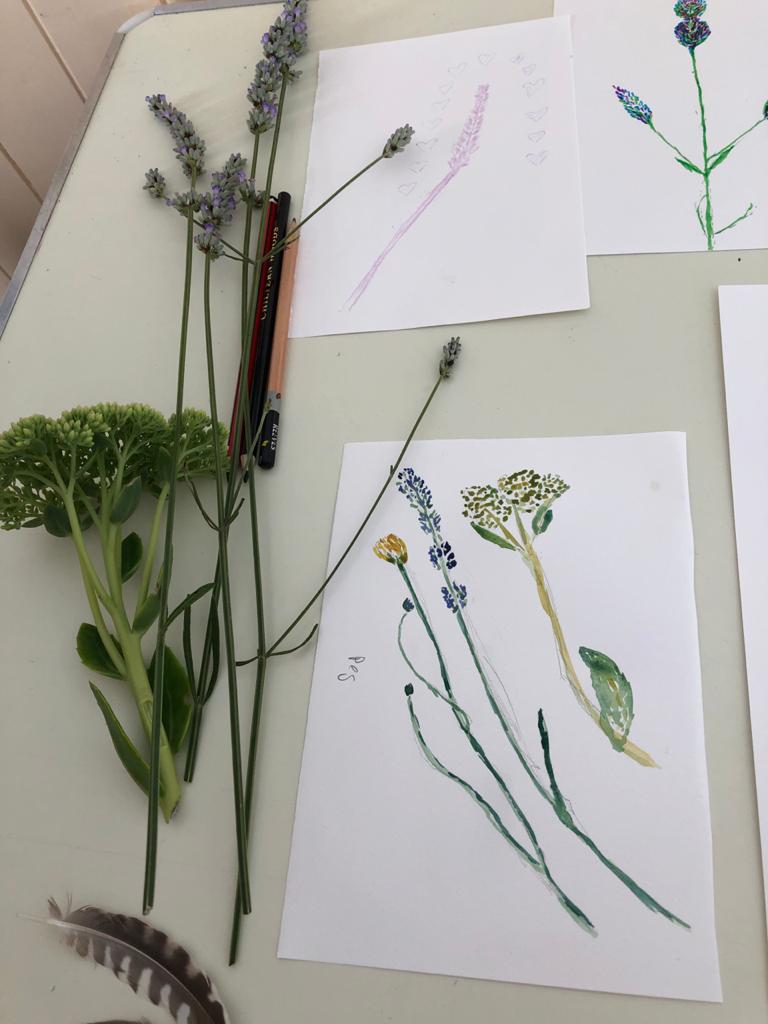
Pictured: With only a small number of trained art therapists in the island, about seven years ago, Lucy decided to move to a part-time role at the prison so she could offer her services to “other people in different situations”.
She contacted the team at Dementia Jersey who, unknown to her, wanted to start art and music lessons for islanders with dementia and their carers - “It felt so right because of the timing for them,” Lucy says – and hasn’t looked back.
In addition to seeing the participants’ happiness level increase through creativity, Lucy has also seen a positive impact on the carers as they stop everything they do for a couple of hours.
“When I first got the job, I didn’t know it was for the carers as well, I thought ‘how is it going to work?’” she says.
“The first thing, I noticed is how it impacts their day, it’s a peaceful time for them. It connected them with the person they were with through a shared experience. It also allowed them to connect with other carers and to talk about what they were going through.”
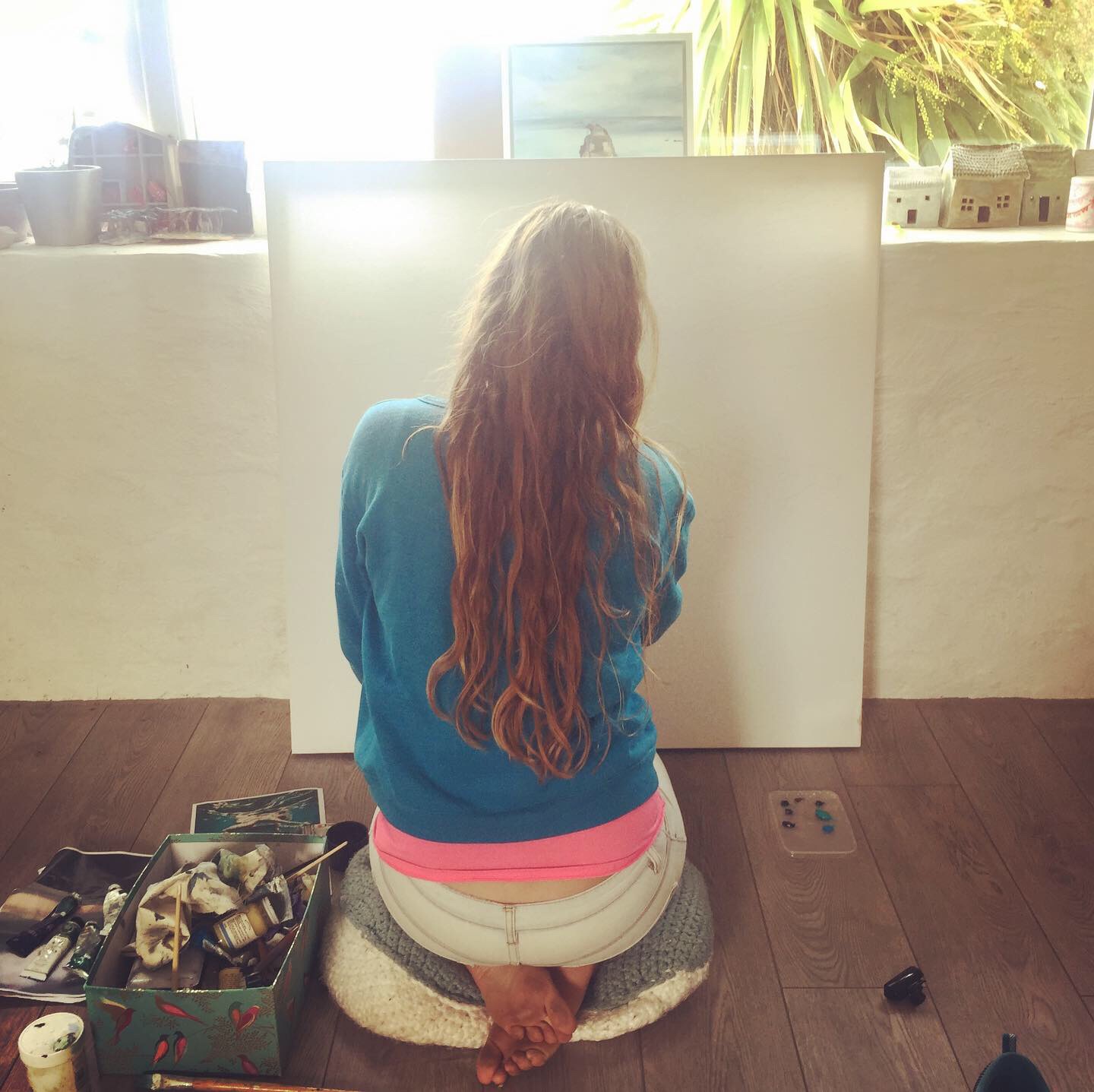
Picture: Lucy believes art therapy could benefit many local charities, as well as islanders as a whole.
“If you ask children if they are good at art, everyone says they are really good; but then something goes completely wrong and we lose confidence. Some people say ‘I enjoy it but I cannot do it’, I tell them ‘just have a go, it does not matter’.
“The process of what happens is the important part. We can all do something creative, there’s no reason any of us cannot create something. We’re just given the wrong thing at school like ‘draw an orange’, you have to find the right thing for each person and choose something that empowers people.”
Islander's creative spark reignited with dementia charity's support
WATCH: Prisoners' artwork goes on display at Harbour Gallery
Comments
Comments on this story express the views of the commentator only, not Bailiwick Publishing. We are unable to guarantee the accuracy of any of those comments.